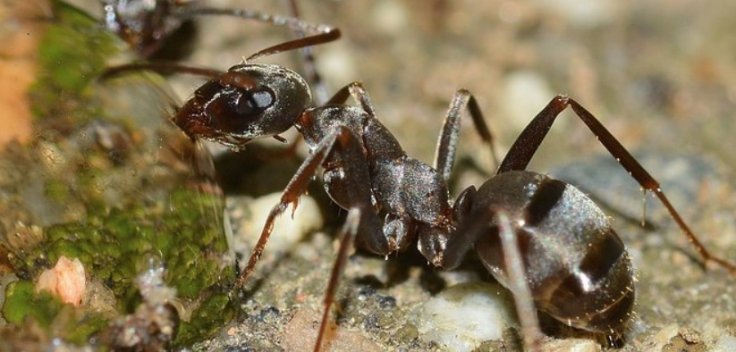
Zombies have been one of the favourite topics for movies and television but can it be real? We already know that there are a number of parasites that change the behaviour of their hosts and number of evidence show that human beings are not immune to zombie-like manipulations.
Biologist Athena Aktipis recently told AFP: "More than half of the species that we know on Earth are parasites." He gives an example of Ophiocordyceps fungus which releases spores infecting the carpenter ant's body and allows it to take over the locomotive activity of the insect. Eventually, it kills the host by forcing to leave the nest, bites on a piece of vegetation and gets stuck due to a tetanus-like infection, giving it lockjaw.
Moreover, the parasitic fungus erupts out of the head of the host with a mushroom-like growth known as stroma. When the uninfected ants at night are out foraging, the growth shoots out infectious spores and the cycle repeats itself 2-3 week. "We're totally convinced that the behaviours that the ant show are all to benefit the fungus," said Charissa de Bekker, an assistant professor at the University of Central Florida. Bekker is trying to understand the takeover process by genetic research.
And, it's not like it can never happen to humans. According to the Centers for Disease Control and Prevention (CDC), single-celled parasite known as Toxoplasma gondii may have infected around 40 million Americans. The parasite "somehow evolved to make a rat get turned on by the smell of cat urine, so it goes up to a cat and snuggles with it, and then it gets eaten which completes the life cycle of the toxoplasma—if that's not zombification then what is?" said Aktipis.
There is also evidence that the bacteria in our gut can change our emotions and behaviour including what we want to eat. However, certain traits of zombies in fiction are entirely unscientific. Firstly, dead bodies decay rapidly; it would, in fact, require a huge evolutionary jump for toxoplasma to have the same effects on humans as it has on rats.









